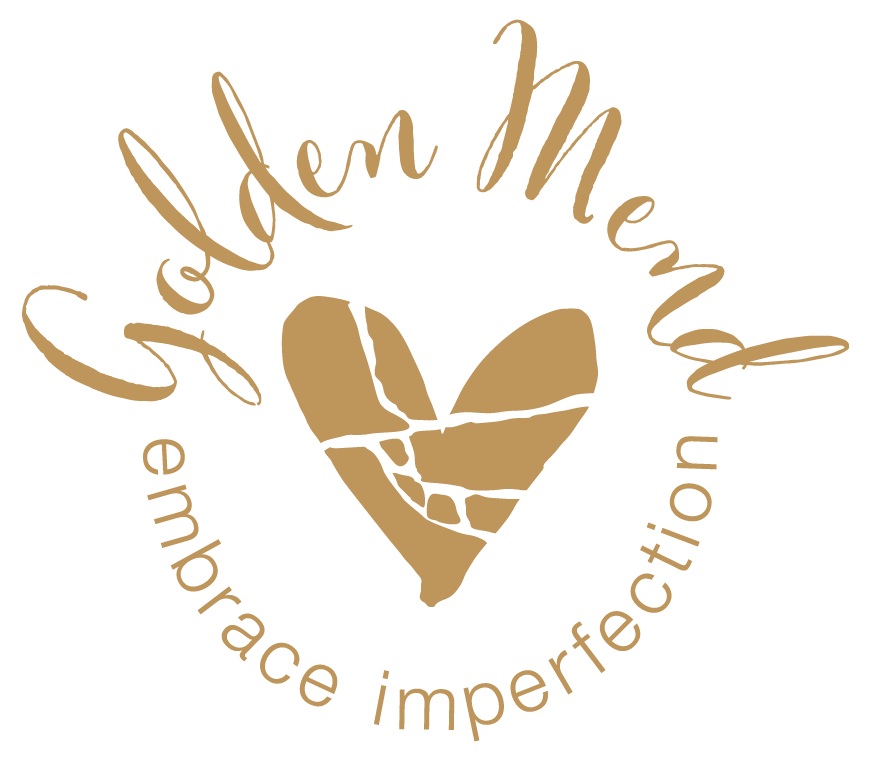I’m an executive with a cocaine habit: I’m terrified of being found out.
Dear Margie,
Can you tell me if you are available to work with professionals who have addiction problems?
ANSWER
I certainly am. High-achieving people with substance abuse difficulties often have systems firmly in place to keep the diagnosis and detection of their problem hidden from view. Sadly, home life often falls apart before career, but usually this disruption is kept quiet, hidden from the public.
I am very comfortable working with high functioning professionals and I fully understand the terror of disclosure. By covering up feelings of shame and embarrassment the person with the problem may become irritable, resentful and frustrated and these feelings may manifest into self-pity, anger, restlessness and blame.
I work with clients on their emotional pain that underlie their addiction – their anxiety and fear, their guilt, remorse and shame, and their loneliness.
The magic I have seen with people in this group usually happens somewhere between 6 and 8 weeks into therapy. An interesting phenomenon occurs, often described by clients as a period of light, when their resistance drops and they begin to understand their problem. At that point, their professional skills and their intelligence become assets to recovery.
It is important to know addiction is a treatable illness.
Chemical dependence is not a moral issue; it is, instead, a treatable illness which causes a deterioration of moral and ethical values.
The stigma is not in having the illness but in failing to seek treatment once its presence is recognised. Seeking treatment is perfectly acceptable social behaviour.
Like all people in all walks of life, lawyers, doctors and other professionals tend to deny their symptoms. Their attempts to find solutions or tough it out alone are often in vain. By not taking action, they can jeopardise all that is meaningful in their lives and many find their careers and families slipping away as they grow more desperate. Chemical dependency is a progressive illness – it never gets better by itself.
Please know that impaired professionals can absolutely overcome reluctance (denial) and stigma to achieve recovery. Many of my high-functioning clients prefer a weekend or late afternoon appointment.
Please ring for a confidential, free 20 minute talk with me and we can discuss your concerns.
A Self Test for high-functioning people.
Use this questionnaire to assess alcohol and/or chemical dependency problems.
1. Do I plan my office routine around my alcohol/drug use?
2. Are my associates, clients, or support personnel alleging that my alcohol/drug use is interfering with my work?
3. Am I fooling myself into believing that drinking at business lunches is really necessary?
4. Do I every feel I need alcohol/drugs to face certain situation?
5. Do a frequently use alcohol/drugs alone?
6. Because of my alcohol/drug use, have I ever had a loss of memory when I was apparently conscious and functioning?
7. Has my ambition or efficiency decreased since I began to drink or use drugs?
8. Do I ever use alcohol/drugs before meetings or court appearances to calm my nerves, gain courage, or improve performance?
9. Do I want, or take, alcohol/drugs first thing in the morning?
10. Have I missed or adjourned closings, court appearances or other appointments because of my alcohol/drug use?
11. Due to my use of alcohol/drugs, have I ever felt any of the following: fear, remorse, guilt, real loneliness, depression, severe anxiety, terror, or a feeling of impending doom?
12. Is alcohol/drug use making me careless of my family’s welfare or of other personal responsibilities?
13. Does my alcohol/drug use lead me to questionable environments or acquaintances?
14. Have I neglected food, hygiene, health care/
15. Have I ever neglected my office administration or misused funds because of my alcohol/drug use?
16. Am I becoming increasingly reluctant to face my clients or colleagues in order to hide my alcohol/drug use?
17. Have I ever had the shakes, the sweats, or hallucinations as the result of my alcohol/drug use?
18. Do I lie to hide the amount I am drinking or using drugs?
19. Could disturbed or fitful sleeping be the result of my alcohol/drug use?
20. Have I avoided important social, occupational or recreational activities as a result of my alcohol/drug use?
If you have answered YES to more than one of the above questions, it is time to seek help. You do not have to manage it alone. Don’t put off calling while you are trying to decide whether things are bad enough. You do not have to lose your licence, reputation or family before reaching out for assistance.

